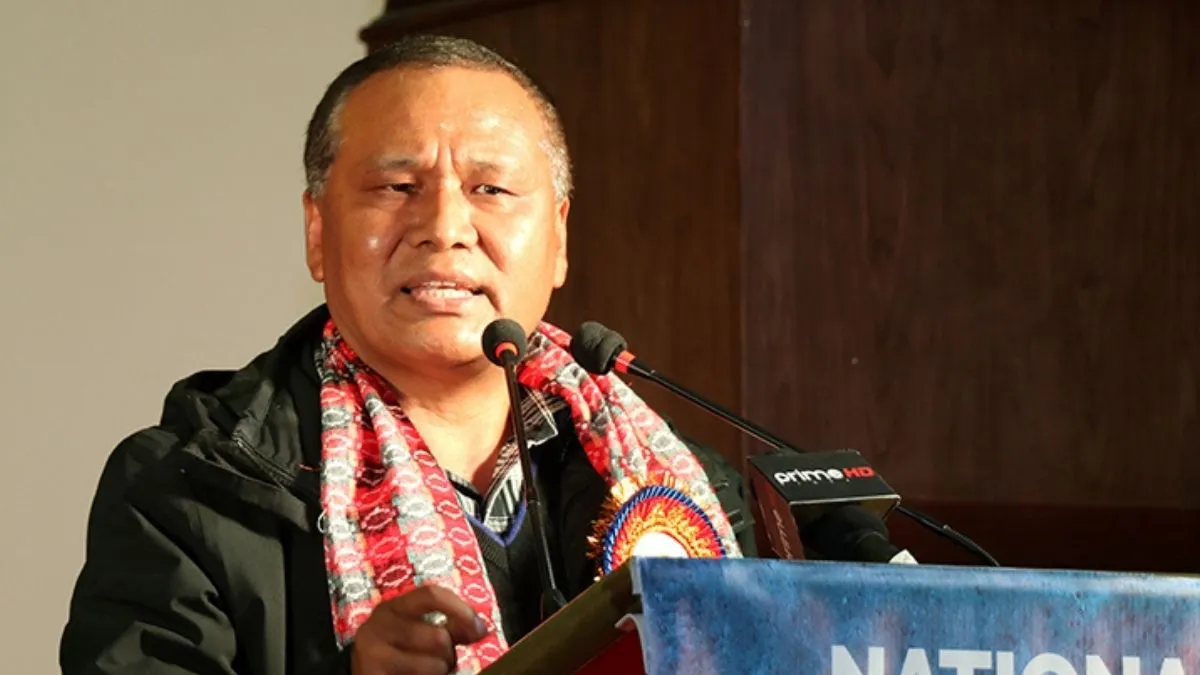- By Shivangi Sharma
- Thu, 11 Sep 2025 03:41 PM (IST)
- Source:JND
Amid Nepal’s deepening political turmoil, a surprising name has emerged at the forefront of discussions on who should lead an interim government. Kulman Ghising, the technocrat credited with ending Nepal’s chronic electricity shortages. On Thursday, after the Nepal Army enforced curfew orders in response to the Gen Z–led uprising, reports suggested that three figures, former chief justice Sushila Karki, Kathmandu mayor Balendra Shah, and Ghising, were being considered to head a transitional government.
Karki briefly accepted the role but withdrew within hours, citing constitutional hurdles and personal reluctance. That exit pushed Ghising into the spotlight, making him one of the most widely discussed candidates among the protestors seeking an alternative to Nepal’s entrenched political elite.
From Village Boy To Reformist Leader
Born on 25 November 1970 in Bethan, Ramechhap, Ghising’s life story reflects grit, persistence, and expertise. Growing up in a rural village, he worked his way into higher education, studying electrical engineering at the Regional Institute of Technology in Jamshedpur, India, and later at Pulchowk Engineering College in Nepal. He also earned an MBA.
Ghising joined the Nepal Electricity Authority (NEA) in 1994 as an electrical engineer. Over nearly three decades, he built experience across technical and administrative domains, especially in hydropower projects.
Man Who Ended Load-Shedding
When Ghising was appointed Managing Director of the NEA in September 2016, Nepal was grappling with crippling electricity shortages. Households and businesses endured up to 18 hours of load-shedding daily, paralysing economic activity and undermining quality of life.
Ghising took bold steps: restructuring power distribution, optimising existing generation, curbing political interference, and streamlining management practices. Within months, blackouts became history. His reforms not only ended the crisis but also turned the NEA into a profitable and efficient public institution.
Reappointed in August 2021, Ghising continued to advocate for the modernisation of the power sector. His tenure, however, has not been without tension. Reports suggest he clashed with Energy Minister Deepak Khadka, who reportedly disagreed with Ghising’s independent approach.
Symbol For Change
In the midst of deadly protests, Ghising has called for an interim government of clean individuals, inclusion of Gen Z voices, and swift elections. His technocratic record and reputation for integrity make him an appealing figure to young protesters disillusioned by years of corruption, political paralysis, and elite infighting.

